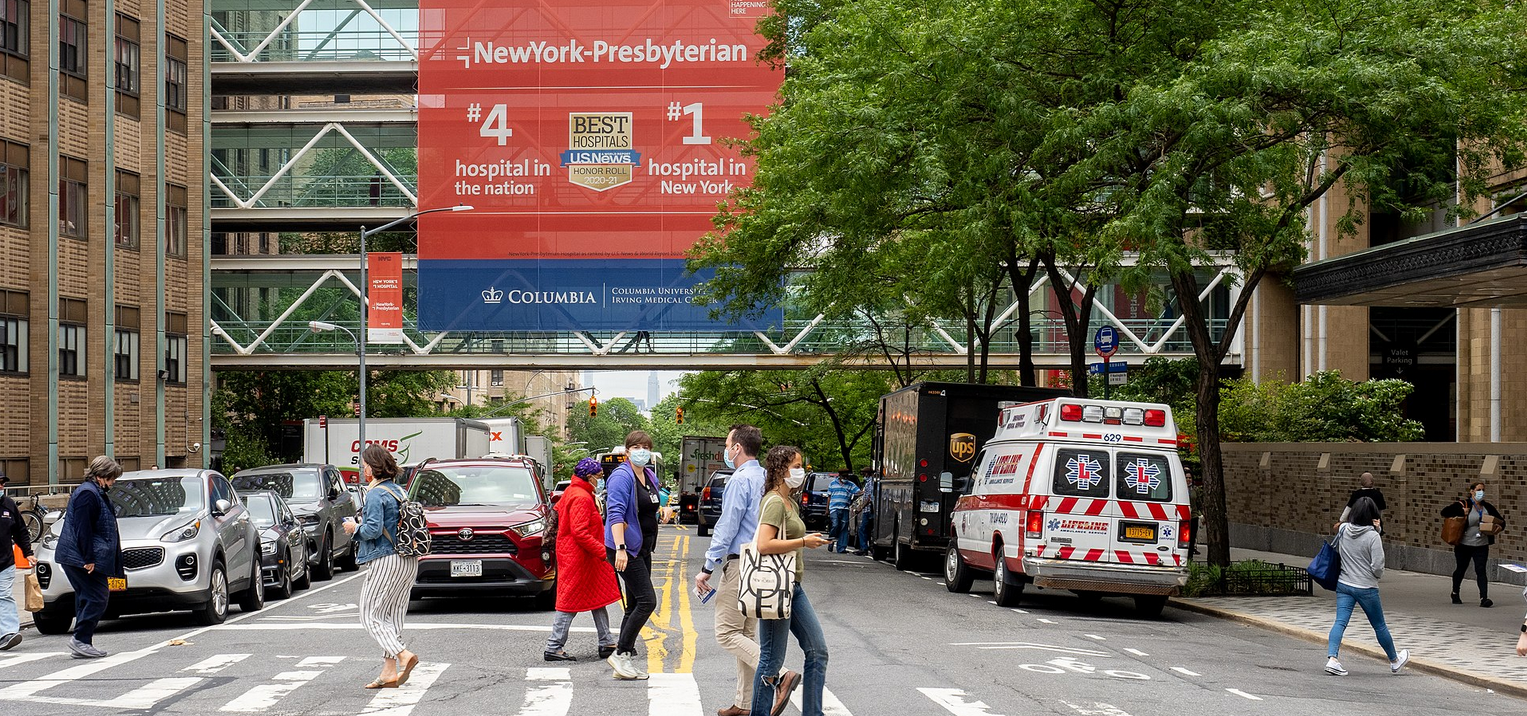[Racism & Health]
Sen. Warren: “It is time we start treating structural racism like we would treat any other public health problem or disease…My bill with Representatives Lee and Pressley is a first step to create anti-racist federal health policy.”
Photo: Twitter
Some Americans are starting to understand that American racism is a serious health problem–especially to the families of Black Americans, like Jacob Blake.
Today, Representative Barbara Lee (D-CA) and Representative Ayanna Pressley (D-MA) joined Senator Elizabeth Warren (D-MA) in introducing bicameral legislation to confront the public health impacts of structural racism through two bold new programs within the Centers for Disease Control and Prevention (CDC).
The COVID-19 pandemic has made it impossible to ignore how centuries of structural racism have created deep disparities in health outcomes for Black and Brown communities: Black and Brown people are nearly three times more likely than white people to contract COVID-19 and one to two times more likely to die from the disease. People of color are also disproportionately affected by chronic health conditions such as diabetes, asthma, hepatitis, and hypertension; infant mortality; maternal mortality and morbidity; and police brutality — and also less likely to be insured and have access to health care providers.
The federal government’s failure to adequately collect race and ethnicity data on COVID-19 testing, hospitalization, and deaths has also demonstrated why comprehensive research is needed to study the health impacts of structural racism and to develop race-conscious public health approaches and reverse disparities that have plagued our nation for too long.
“COVID-19 has exposed the injustices in health outcomes for Black and Brown people, and it’s no coincidence,” said Rep. Barbara Lee. “In addition to addressing the lasting impacts of systemic racism in criminal justice, economic inequality and the like, we must also commit resources to understanding racially unjust health outcomes. I’m taking steps, alongside Congresswoman Pressley and Senator Warren, toward reversing racism in our health care system with this legislation.”
“For far too long, our federal government has failed to recognize and address the structural racism that has devastated Black and brown communities and denied access to quality health care,” said Rep. Pressley. “With the COVID-19 pandemic unveiling and exacerbating racial disparities in health outcomes, it is time we recognize and treat structural racism and police brutality as the public health crises that they are. This first-of-its-kind bill would expand federal research and investment into the public health impacts of structural racism, require the federal government to proactively develop anti-racist health policy, and take a public health approach to combatting police violence. We must have a coordinated public health response to structural racism, and this bill would do just that.”
“It is time we start treating structural racism like we would treat any other public health problem or disease: investing in research into its symptoms and causes and finding ways to mitigate its effects,” said Sen. Warren. “My bill with Representatives Lee and Pressley is a first step to create anti-racist federal health policy that studies and addresses disparities in health outcomes at their roots.”
To help expand research and investment into the public health impacts of structural racism, as well as to require the federal government to begin actively developing anti-racist health policy, Senator Warren, Congresswoman Pressley, and Congresswoman Lee have introduced the Anti-Racism in Public Health Act, which would:
- Create a “National Center for Anti-Racism” at the Centers for Disease Control and Prevention (CDC) to declare racism as the public health crisis that it is and further develop the research base and knowledge in the science and practice of anti-racism. The Center would undertake such activities as:
(A) Conducting research, collecting data, awarding grants, and providing leadership and coordination on the science and practice of anti-racism in the provision of health care, the public health impacts of systemic racism, and the effectiveness of interventions to address these impacts.
(B) Creating at least three regional centers of excellence in anti-racism.
(C) Educating the public on the public health impacts of structural racism and anti-racist public health interventions.
(D) Consulting with other Centers at the CDC to ensure that scientific and programmatic activities initiated by the agency consider structural racism in their designs, conceptualizations, and executions.
- Create a Law Enforcement Violence Prevention Program within the National Center for Injury Prevention and Control at the CDC. Physical and psychological violence perpetuated by law enforcement results in deaths, injuries, trauma, and stress, and disproportionately affects marginalized populations. This bill would take a public health approach to combating police brutality and violence by creating a dedicated law enforcement violence prevention program at the CDC.
The bill is endorsed by the following organizations: Center for Policing Equity; Center for Popular Democracy; Center for Reproductive Rights; Center for the Study of Racism, Social Justice & Health at UCLA; Hispanic Federation; The Justice Collaborative; Justice in Aging; The Lawyer’s Committee; The Leadership Conference on Civil and Human Rights; National Medical Association; National Partnership for Women & Families; NAACP; National Urban League; Physicians for a National Health Program (PNHP); PolicyLink; Poverty & Race Research Action Council (PRRAC); Public Citizen; Social Security Works; UCLA’s COVID-19 Task Force on Racism and Equity; UnidosUS; Union for Reform Judaism; We Must Count Coalition.








